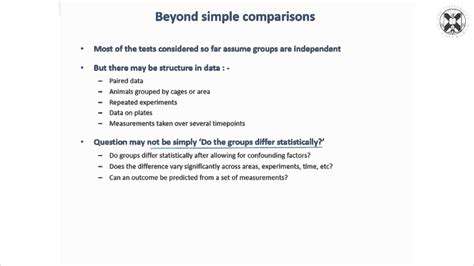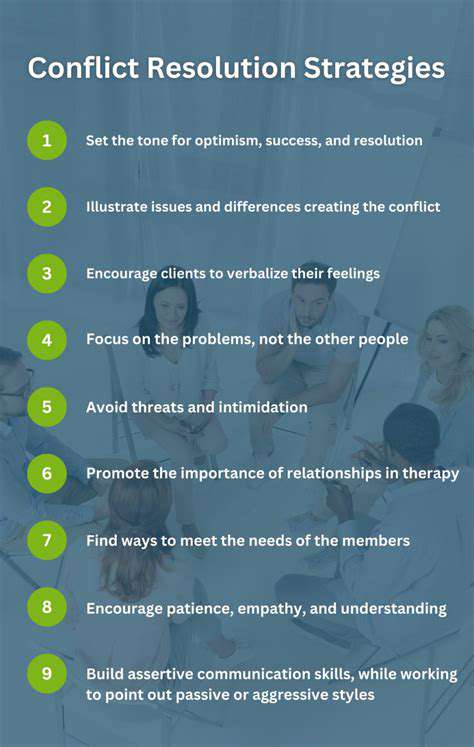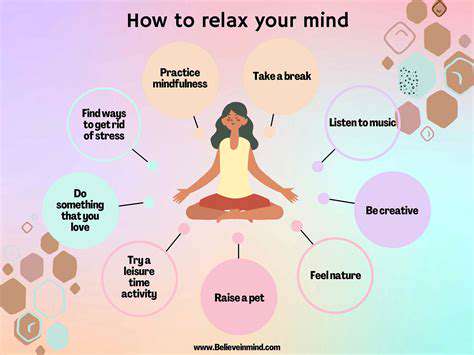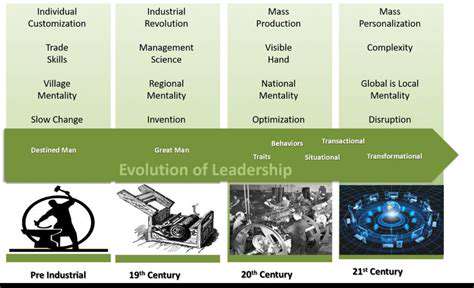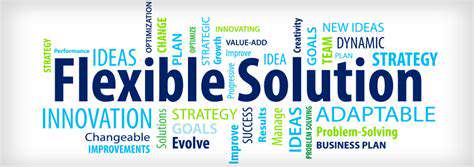Tips for Managing Exam Stress
Understanding Exam Structure
Exam structure is crucial for effective preparation. Knowing the format and question types transforms random studying into targeted strategy. When you understand whether an exam favors short answers or essays, you can develop specific skills for each format. This knowledge lets you pinpoint weak areas and adjust your revision plan accordingly, preventing last-minute cramming sessions that rarely work.
Analyzing past exam papers reveals patterns in questioning styles. Recognizing these patterns helps you anticipate what examiners want, allowing you to craft responses that directly address their expectations. This preparation removes much of the uncertainty from exam situations, letting you approach questions with calm confidence.
Time Management Techniques
Successful exam performance depends heavily on smart time use. Create a study schedule that reflects reality - include all subjects while accounting for breaks and unexpected interruptions. Divide large topics into smaller segments to prevent feeling swamped. During practice tests, use a timer to train yourself to complete questions within strict time limits.
Effective time management means focusing on priorities. Spend extra time on challenging concepts while maintaining regular reviews of familiar material. This balanced approach ensures all areas receive appropriate attention without neglecting your strengths.
Active Recall and Spaced Repetition
Active recall forces your brain to retrieve information, creating stronger memory pathways than passive review. Regular self-testing through practice questions and flashcards exposes knowledge gaps while reinforcing what you know. This method produces deeper understanding that lasts beyond exam day.
Spaced repetition works with your brain's natural forgetting curve. Reviewing material at strategic intervals - gradually increasing the time between sessions - cements knowledge more effectively than massed practice. Digital tools can automate this process, but simple flashcards work equally well when used systematically.
Utilizing Effective Note-Taking Strategies
Good notes capture essential information in ways that match your learning style. Whether you prefer outlines, diagrams, or the Cornell method, focus on recording key concepts rather than transcribing everything. Regular review and summarization of notes strengthens recall and helps information stick.
Developing Strong Problem-Solving Skills
Many exams test your ability to solve unfamiliar problems. Practice analyzing different question types to understand underlying principles. When you make mistakes, identify exactly where your thinking went wrong to prevent repeating errors. Developing a step-by-step approach to problems builds confidence in handling whatever the exam presents.
Managing Exam Anxiety
Nervousness before exams is normal but manageable. Simple breathing exercises can calm racing thoughts when stress threatens to overwhelm. Regular physical activity, proper nutrition, and adequate sleep create a foundation for handling pressure. Remember - you've prepared for this moment, so focus on demonstrating what you know.
Exam Day Strategies
Arrive early to settle your nerves and get oriented. Read all instructions carefully before writing anything. Allocate time based on each section's weight - don't get stuck on one question at the expense of others. If you hit a difficult problem, move on and return later with fresh perspective. Before submitting, review answers to catch simple mistakes that could cost valuable marks.
Building a Support System: Seeking Help and Encouragement
Understanding the Importance of Support
Exam preparation often feels lonely, but intentional support networks make challenges more manageable. Building this system begins with recognizing when you need help and reaching out to appropriate people - whether friends, family, teachers or counselors. These connections provide emotional relief and practical advice during stressful periods.
Choose supporters carefully - they should offer encouragement without judgment. The right people help you process stress while keeping perspective on your capabilities. Their reassurance can be the difference between panic and productive preparation.
Asking for help demonstrates maturity and commitment to success. It's not weakness but smart strategy when facing academic challenges.
Finding and Utilizing Resources
Beyond personal connections, numerous institutional resources exist to support students. Academic advisors, tutoring centers, and counseling services offer specialized help. Many schools provide workshops on stress management and study skills specifically designed for exam periods.
These services teach practical techniques for handling academic pressure. Learning these skills early creates habits that benefit your entire educational journey. Don't wait until crisis hits - proactive use of resources prevents many problems before they start.
Study groups combine peer support with collaborative learning. Explaining concepts to others reinforces your own understanding while gaining different perspectives on difficult material. Online student communities offer similar benefits, connecting you with others facing identical challenges.
Prioritizing Self-Care: Maintaining Well-being During Exam Periods
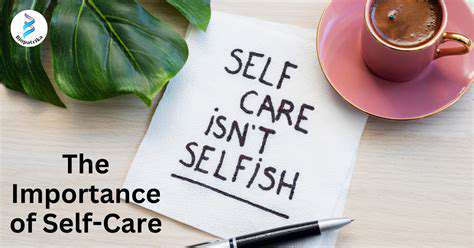
Prioritizing Self-Care: Understanding the Importance
Self-care sustains academic performance rather than distracting from it. Neglecting basic needs leads to diminishing returns - tired, stressed minds don't learn or recall information effectively. Regular self-care prevents burnout and maintains the energy needed for intensive study periods.
Identifying Your Needs: A Personalized Approach
Effective self-care matches individual preferences. What refreshes one person might stress another - identify activities that genuinely restore your energy. Pay attention to stress signals and develop preemptive strategies before exhaustion sets in.
Physical Well-being: Nourishing Your Body
Physical health directly impacts mental performance. Balanced nutrition, proper hydration, and adequate sleep form the foundation for effective studying. Regular movement - even short walks - improves circulation and mental clarity during long study sessions.
Mental Wellness: Cultivating Inner Peace
Mental breaks are as important as study time. Brief meditation or mindfulness exercises can reset overwhelmed minds. Creative hobbies provide necessary diversion, returning you to academic work with renewed focus.
Emotional Well-being: Addressing Your Feelings
Acknowledging exam stress prevents it from controlling you. Healthy emotional expression - whether through conversation, writing, or other outlets - maintains perspective during intense preparation periods.
Social Connection: Nurturing Relationships
Supportive relationships buffer against academic stress. Maintain connections with people who encourage without pressuring. These bonds remind you that exams are temporary while relationships endure beyond test results.

Read more about Tips for Managing Exam Stress
Hot Recommendations
- How to Stay Productive While Working Remotely
- Tips for Managing Conflict with Coworkers
- Entrance & Certification Exams (升学考试)
- How to Improve Your Storytelling Skills (Speaking)
- How to Find Profitable Side Hustles
- Tips for Preparing for the TOEFL iBT Home Edition
- Guide to Switching Careers from [Industry A] to [Industry B]
- How to Run an Effective Hybrid Meeting
- Tips for Marketing Your Side Hustle on Instagram

